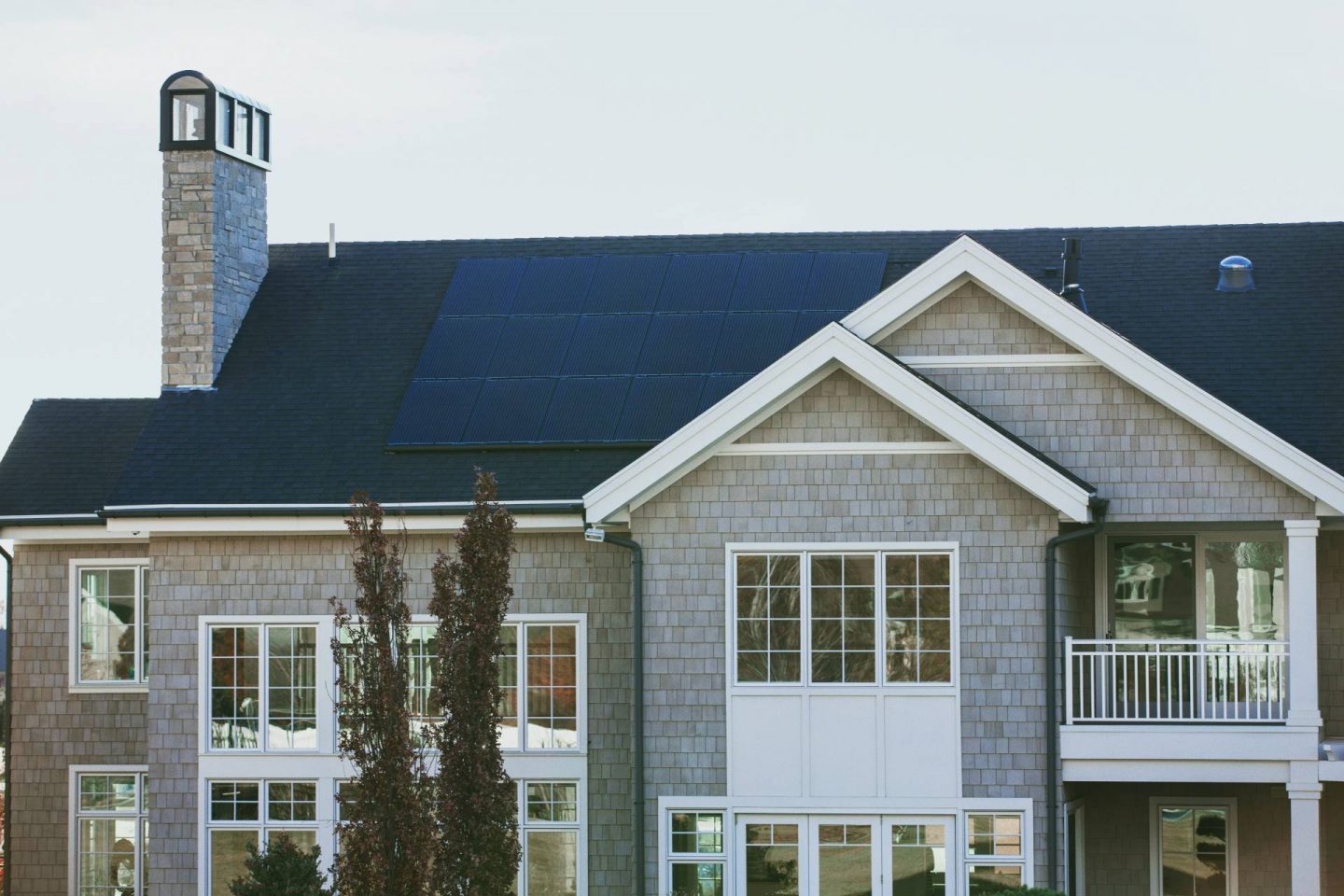*Collaborative Post.
Does generating your own electricity and making your home completely self-sufficient appeal to you? The fact that you have landed on this article tells us you probably do!
By using the sun to produce your own power, you can save over £1,000 a year on electricity as well as helping do your bit for the planet. So what’s not to love? Well, there are a few things you should look out for as you make your decision – and work out how to fund it. This short guide lets you know how to navigate your home solar panels installation from costing to savings!

Why consider solar?
In no particular order, solar energy has many benefits.
Starting with the most obvious – you can make significant savings from your current energy bills. For many homeowners, this can mean an annual saving of north of £1,000. How about a new laptop or a holiday instead!
Next, solar energy is completely renewable and sustainable. This means you will not be creating harmful emissions when your electricity is produced. Furthermore, you will be using a completely renewable source – in other words, the sun does not become depleted if people use it for solar energy!
The admin burden is also low for home solar panels. You do not need to get special permission or seek planning approval to install your system. You need to abide by some simple health and safety rules, but that is a good thing given that your home electricity is at stake.
It is reliable. Your home solar panels produce energy the whole year-round. Whether you store surplus with a battery during peak periods or use net metering, you never need to pay another energy bill again.
Off-grid or on-grid?
When you speak to solar power companies near me, a term you will hear is off-grid or on-grid electricity. The best choice for your home will depend on which part of the country you live in, and how much sunlight your roof gets on a daily basis.
For homes where sunlight can be a little sporadic or unreliable, on-grid, or ‘grid-tied’ home solar panels are a sensible option. This means in the event that your system cannot get the sunlight it needs to power your home, you can pull from the mains grid in the event of a shortfall.
This also reduces solar panel cost, as on-grid systems need fewer batteries. Likewise, you will have fewer batteries cluttering your home.
On the other hand, off-grid systems can be more expensive, but your home will be completely self-contained. In areas of high sunshine, you can simply remove your monthly energy bills completely and rely completely on your home solar panels.
Making your choice
The best thing to do is to consult with your chosen solar panel installers and ask for their advice on generation capabilities. They will also be able to guide you on local or state level incentives to fund the upfront costs for your home solar panels. Good luck with your project and for freedom from monthly electricity bills!
